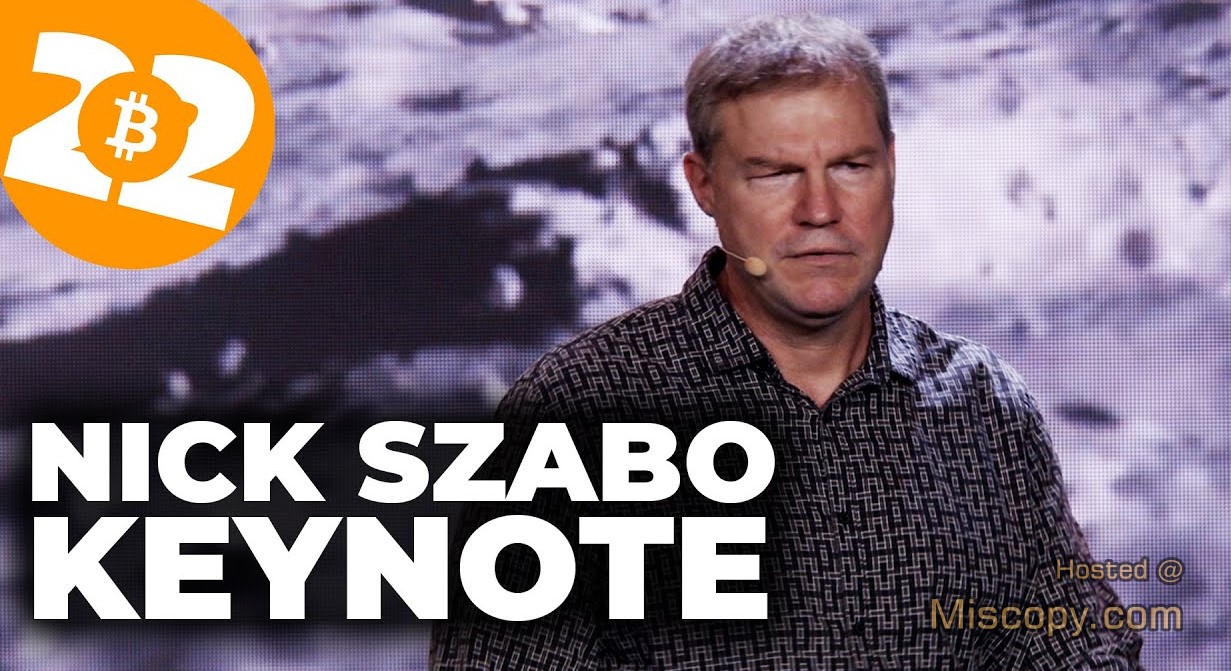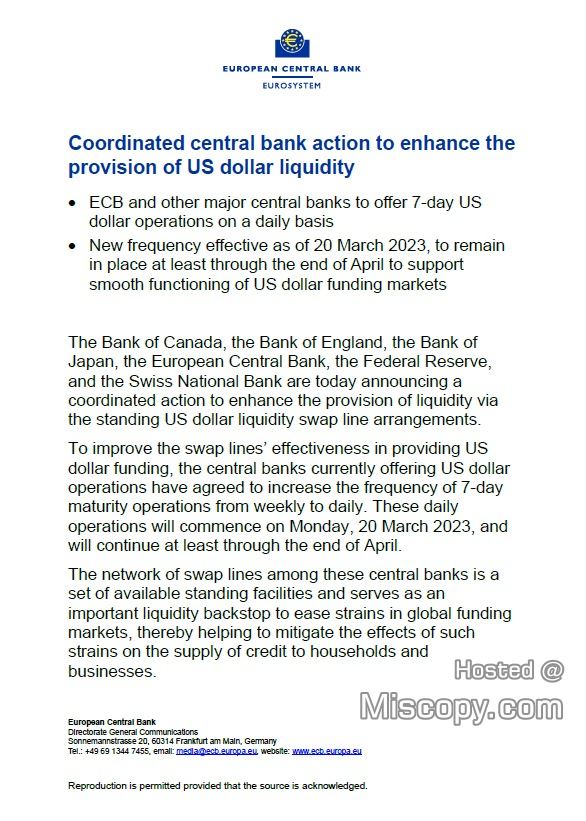At the Bitcoin 2022 Conference, Nick Szabo explored the pioneers and influences behind the ideas that shaped Bitcoin’s creation. He highlights the dreams of de-politicizing money and non-violently enforcing contracts, which were influenced by the gold sculpture in cyberspace concept from Iranian scientists Iranshahi and May, and the long-standing ideas in Austrian economics.
Key technologies that led to Bitcoin included public key cryptography, Merkel trees, Byzantine consensus, and proof of work. Pioneers in these areas include Robert Sostak, Leslie Lamport, Ralph Merkel, Cynthia Dwork, and Mani Noir. Additionally, libertarian and futurist ideas, such as Ayn Rand’s Galt’s Gulch, and Austrian economists like Hayek, White, and Sullivan, also influenced this space. The Extropians and Cypherpunks, two groups that coalesced around these ideas, were interested in the intersection of libertarianism, high technology, and privacy.
Nick Szabo credits Tim May for proposing the concept of a “gold sculpture in cyberspace,” which aimed to secure free markets from outside interference using cryptography. This idea, although still utopian at the time, served as a starting point for the development of Bitcoin and its ability to operate globally without relying on governments or bureaucracy.
May also promoted the Cypherpunks mailing list, which brought together a community of people interested in computer science and libertarian ideas. This community contributed to the development of digital currencies, such as David Chaum’s Digicash and Nick Szabo’s Big Gold and Bit Gold, which used cryptography to minimize trust and create more efficient transactions. Despite their innovations, these early digital currencies did not fully take off, but they laid the groundwork for the development of Bitcoin.
When discussing the influence of cryptography on individuals and the role of Bitcoin in navigating economic wars, Nick Szabo, a pioneer in the field, was highlighted for his contributions to the development of smart contracts and the integration of proof-of-work into Bitcoin.
He emphasizes that Bitcoin’s decentralized nature and the inability to inflate, steal, or confiscate it, forces individuals to engage in cooperative long-term trading relationships. He also acknowledges the importance of understanding the history of money and the emergence of Bitcoin as a non-human designed alternative to traditional fiat currencies. He encouraged spreading the message of Bitcoin’s potential as a tool for individuals to opt out of economic wars and offered a unique perspective on the role of cryptography in the modern world.



